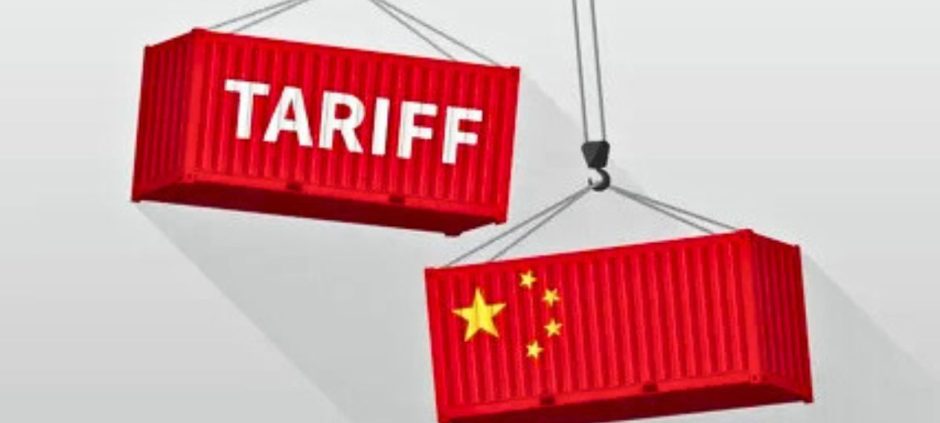The much-discussed China tariff delay has brought little comfort to holiday shoppers, importers, and retailers. While authorities framed the move as a chance to ease market pressures, analysts say higher prices and slower supply chains are already shaping consumer behavior. Shoppers looking for affordable seasonal items, including decorations, electronics, and household goods, may find fewer choices on shelves this year.
Retail experts explain that the temporary pause in tariffs has not translated into significant relief. Instead, prices remain elevated, and demand is tightening across major urban markets. In the backdrop, the debate over inflated or fake FIRs in trade documentation has only added to the challenges, showing how paperwork loopholes are affecting real market outcomes.
Industry observers note that the China tariff delay has altered the usual rhythm of the holiday economy. Importers who rely on Chinese goods are reporting slower clearance, tighter margins, and a struggle to maintain competitive prices. Small retailers are among the hardest hit, as they face both higher supply costs and weaker consumer confidence.
For many families, the holiday season is already associated with extra spending. This year, however, rising costs and constrained availability are dampening the festive mood. “A tariff pause means little when inflation is still biting,” one Karachi-based trader commented, highlighting the real impact on everyday consumers.
The broader concern, however, is not just about seasonal shopping. Experts argue that the China tariff delay underscores Pakistan’s dependency on imports, which leaves the economy exposed to international market shocks. A closer look at the PSX record-high performance shows that while the stock market benefits from strong investor confidence, consumer markets often move in the opposite direction.
Policy advisors warn that without structural reforms, Pakistan will continue to face the double pressure of global price shifts and domestic inefficiencies. They suggest improving local production and closing gaps in enforcement around fake FIRs to reduce reliance on costly imports.
In the meantime, consumers are left to navigate a complicated market. From higher prices in shopping malls to fewer seasonal imports in local bazaars, the festive spirit is overshadowed by caution. The China tariff delay may have avoided immediate shocks, but it has not solved the deeper problems of affordability, accessibility, and long-term resilience.











